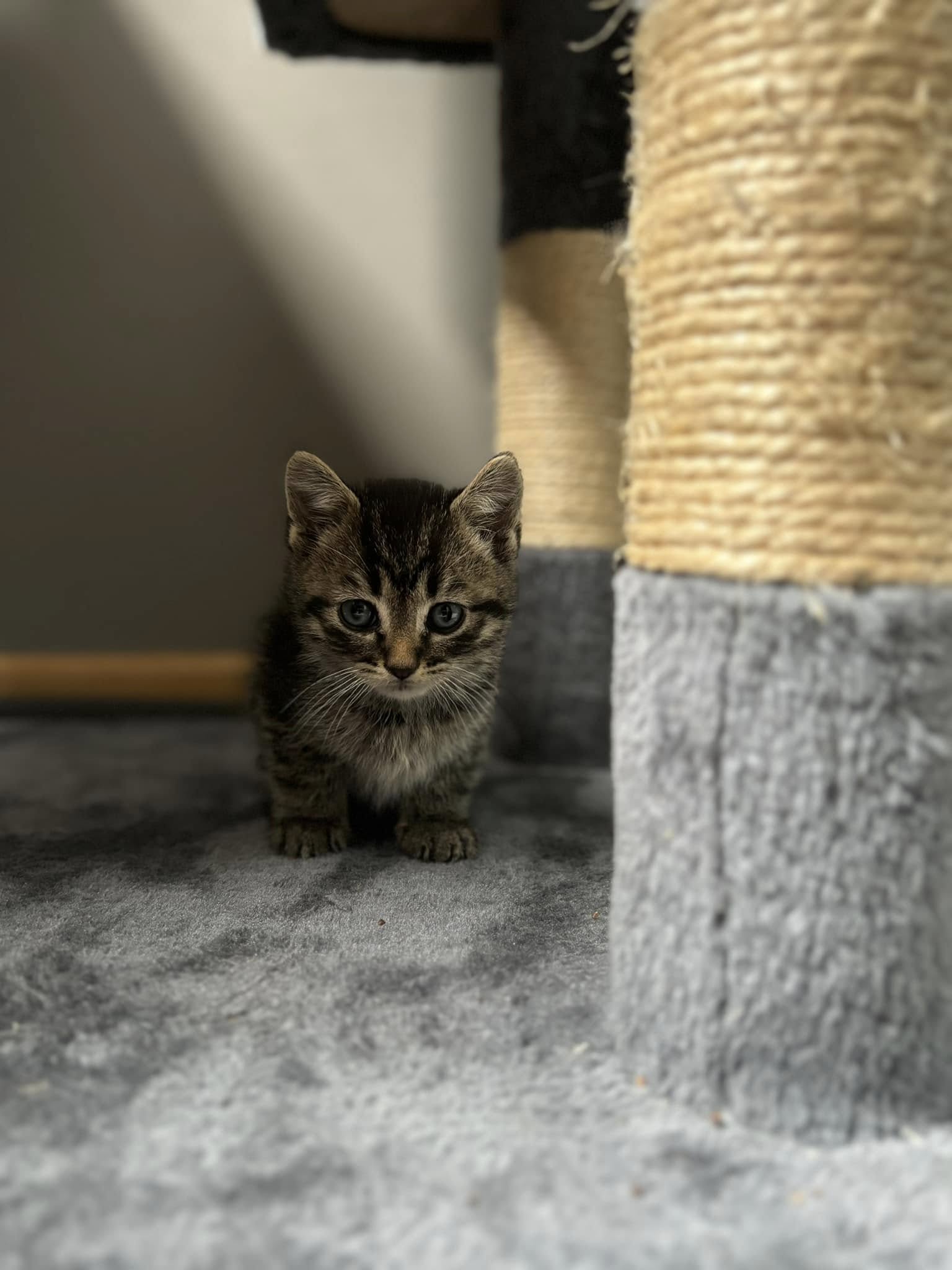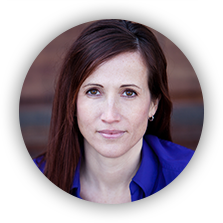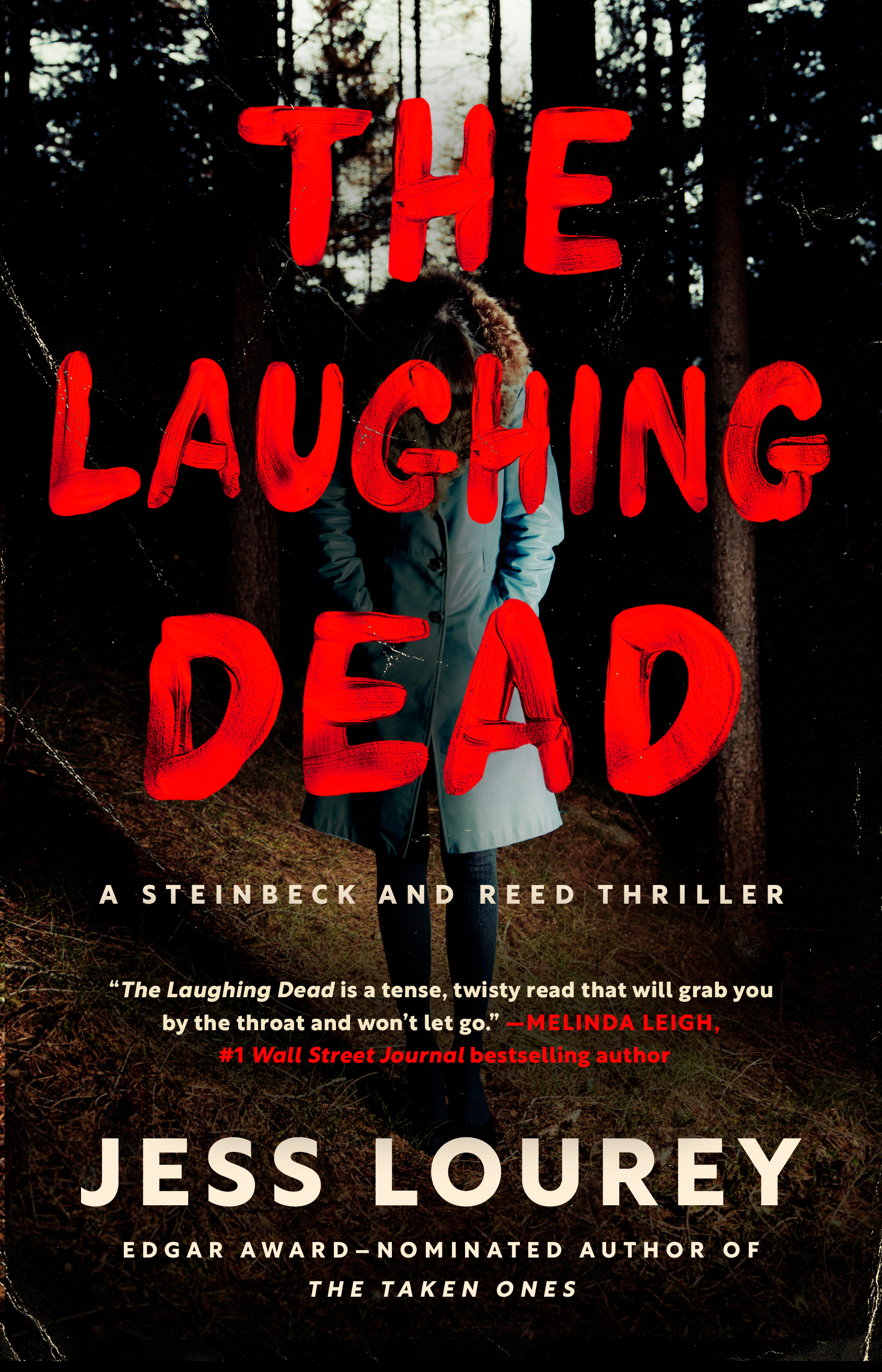
Do you want to learn more about writing, including receiving marketing tips and tricks, deals on valuable workshops and retreats, and time management hacks? Join the VIP Writer’s Club!
Become a VIP Reader!Interested in free books, exclusive bonus content, and VIP early access to Jess’ upcoming projects? Then sign up here to become a VIP Reader.
January 30, 2025
THE LAUGHING DEAD Cover Reveal
Hello to you! I'm writing to you from sunny Costa Rica, where I'm searching for ways to help myself and the communities I care about to feel connected and supported in these challenging times.
I've got some ideas, including time blocking my social media, time blocking my news and seeking out non-profit sources for the in-depth info (1440 Daily Digest and the AP are working for me), and speaking out for the vulnerable as well as expanding my volunteer work beyond the Humane Society.
Also, I intend to keep writing books about girls and women who have the whole system stacked against them yet find their way to freedom and power. They do this by refusing to carry other people's secrets or shame, by connecting with their intuition and strength (the strength the world tries to convince them they don't have), and by seeking out the good people around them, because none of us do the hard stuff alone.
The Laughing Dead, the third in the Edgar-nominated Steinbeck and Reed series, is one of those books. I hope you'll preorder it now.

p.s. Head on over to Lourey's Literati, my reader group on Facebook, to see the cover that wasn't chosen. :)
December 12, 2024
Telling the Truth for the Holidays
The story below is a little long and a little dark, so if you’re not in the mood for either, I recommend skipping. If you’re still here, I’m about to talk about uncomfortable conversations, perspective, and what I’ve found on the other side of the truth.
🎄🎄🎄🎄🎄🎄🎄🎄
Growing up, I was told my family was special. My father, who suffered terrible abuse as a child, became the first in his family to graduate college. He earned a master’s in art history. He’s a brilliant potter. My mom is smart, too, with a master’s in English. Plus, she’s a world-class cook.
“Don’t tell anyone what happens at home,” they’d say to my sister and me when we were little. “No one will understand. They’re not creative like us. Not smart.”
And so the swinging parties, the drugs, the abuse, the isolation, the fear so bad I sometimes slept under my bed, I never talked about any of it. We became a respectable family that laughed, traveled together, had insightful conversations about the world. I believe I would have carried their secrets to my grave if their actions hadn’t shown up in the next generation, almost teaspoon for teaspoon the same cake I’d been baked as a child.
This resulted in someone we loved being hospitalized. We were a family in crisis. So, after a couple decades of living on the surface of the truth, on August 15, 2017, I told my mom, dad, and sister we needed to meet, though I didn’t tell them I planned to break the family's cardinal rule: never hold anyone accountable.
I was so scared on the drive that I couldn’t feel my fingers. I’d typed up what I wanted to say beforehand and rehearsed it on the 70-minute drive, repeating it like a mantra:
I love everyone at this table. The problems didn’t start with us, but we’ve all participated to varying degrees. Our silence about it is killing [family member]. We have to acknowledge the generational trauma we’re handing down, make amends, break the cycle…
Before the next sentence was out of my mouth, my dad had grabbed paper and pen and began taking sneering notes. When I misspoke or didn’t remember an exact date, he wanted to be able to use it as proof that my whole premise was wrong, that I was wrong.
I’d forgotten he used to do that. We’d gotten so far as a family from how we used to behave in the '70s and '80s that part of me believed we'd all evolved. But the past doesn’t go away because we don't talk about it. It repeats. No exceptions.
My mother, who sat across the table from me, ignored my father, responding like a hero. She apologized for her past mistakes, confirmed some truths that upset my dad. That was the woman who’d drive two hours one way once a week after my first husband’s death to take care of my kids so I could write. The woman who volunteered at the local shelter, who earned her black belt in her sixties, who fought for her students to have an equal playing field, who could tell a story that'd make me laugh until my stomach hurt.
With her support, I finished what I'd rehearsed, ending by owning my own part in all of it and a plea that we figure this out together.
My sister, who sat across from my dad, had been silent for most of my jerky, terrified speech. But when I stopped, she said in a bright, tinkly voice that her new boyfriend, a banker, could use his Six Sigma project management training to counsel the hospitalized family member. Her eyes were glassy, her suggestion bananas. I stared at her, disbelieving, and that’s when I realized she was as terrified as I was.
I'd put us all in unknown, deeply dangerous territory by calling out the monster in the room. 
Nevertheless, it felt like there was a moment there where the future could have been written differently, where we really could have figured it out together. That's when my dad took over, twisting, belittling, attacking. He’d always been the dark sun that my mom, sister, and I oriented toward. I stayed as long as I could, apologizing because I thought I could cool him down, trying to redirect the conversation back to helping our hospitalized family member, but suddenly, unexpectedly, I reached a breaking point. My body stood and carried my brain and heart out the door.
My mom chased after, offering me pickles and mustards she’d canned. I told her I was worried they’d gang up on her after I left. She said they always did, that there was nothing she or I could do about it.
I got in my car and must’ve started it. I drove home.
I haven’t spoken to my sister or dad since. I miss my sister. I tried to connect with my mom for a full year after, to remind her who I was and who she was, but they probably got to her before I hit the end of the driveway because the woman who’d shown up at the table that day never appeared again. The new version of her rewrote not only what'd happened at that August meeting but my entire childhood. I’d always been dramatic; everyone in the family was fine and I was the problem, always had been—she had a list of where I’d misspoken or gotten dates wrong to prove it. The speech I’d rehearsed, she said, never happened; even if it had happened, it was my fault it’d gone poorly because of how I’d handled it.
She was fully back inside my dad and sister’s reality, and there is no shape more stable than a triangle. She told me to choose joy and wished me the best of luck.
It took two years for my heart to stop breaking, and I still wouldn't do it differently for all the money in the world.
Believe me when I say I get why people avoid terrible or even uncomfortable conversations with their friends and family—about abuse, sure, but also about politics and religion, which are really about values, actions, accountability. You can lose everything if you make yourself vulnerable like that. The system will go on exactly as it is, only you’ll now be on the outside of it, alone.
But if you can do it safely, you should do it.
Because the most generous, caring thing we can do for another person is tell them with love how their behaviors affect us and the vulnerable folks who aren’t at the table. Not to change their mind or convince them of our perspective, but because that honesty is the bare minimum requirement of a non-transactional relationship. Because we might be surprised by unexpected allies in our fight for accountability and kindness. Because not talking about what matters with the people we’re closest to exacts a terrible price. Because our silence endorses their behavior. Because if we don't speak up under the pretext of keeping the peace, the outside world begins to reflect what’s left unsaid.
I believe all of that in my bones, and still I understand why people would rather not have those profoundly vulnerable conversations. I don't know if I would have been able to without my therapist and friends. 
For all that it cost me, that conversation (and the inner work I had to do to be able to have it) came with surprising gifts as my world reknit itself around this new level of what felt like integrity. No longer keeping the silence to "keep the peace" freed me to write my first bestseller, Unspeakable Things, the fictionalized story of growing up in that house. After twenty-two years of teaching, I was able to become a full-time writer. I discovered the sense of self needed to find my way out of an emotionally abusive marriage to a man who was a confusing blend of creative and mediocre, gentle and manipulative. Unsurprisingly, every one of my remaining relationships deepened, and I became a better mom, aunt, and friend. The circle of healthy—or at least bumpily growing, like I am—people in my life expanded. I found myself reaching out to and welcomed in new communities.
That’s how having the uncomfortable conversation worked out for me. It’s still messy because it’s life, but after five decades of watching from the sidelines, feeling like everyone has a script but me, I now find myself in the flow. It's priceless.
Those things you want to say, that you know you should say because it burns to keep swallowing them, say them. Say them with love and your own accountability, but say them.
Because it won't change if we don't change.
🎄❤️🎄❤️🎄❤️🎄❤️🎄❤️🎄❤️🎄❤️🎄
p.s. The sweet foster kittens pictured above, Vernon and Wilbur, are a bonded pair who will be available for adoption through the Golden Valley Humane Society in Minnesota the first week of January.
September 2, 2024
Join the Jess Lourey Club
The wait is over! The Jess Lourey VIP Readers Group is officially LIVE on Facebook! 🎉📚
Join us in this dedicated space where fans of Jess Lourey can:
✨ Enter exciting giveaways
📖 Get exclusive sneak peeks of upcoming books
💬 Engage in lively discussions
🎥 Enjoy behind-the-scenes content
🎉 Connect with fellow book lovers
I'm so excited to connect with all of you and share this journey together. Click here to join the fun and let's make this community amazing!









